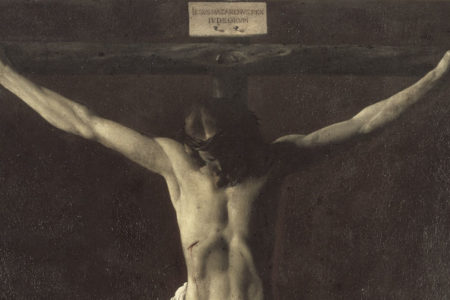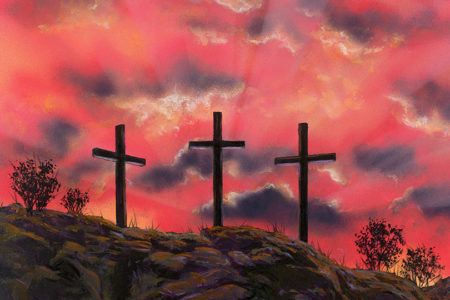Zvi Mar/Apr 2007
Many people are preparing for the coming days of Passover, April 2 through 10. For them it is most important to cleanse their homes of leaven and bring home much special matzoh to take the place of bread made with yeast.
My neighborhood has many religious people who believe they must go from house to house, teaching others how to prepare properly to celebrate this great feast. They came to our home, too.
When I opened the door to greet them, one of the ultra-Orthodox men standing there asked, “Do you know about these great days of Passover and why we celebrate?”
I looked at him and replied, “I do not worship as you do, following many commentaries. I worship according to the Bible. This is my way, and so must it be done.”
They should not have been surprised, because we had had a long discussion about faith in Christ several months earlier. Now they came to my home again, this time bringing brochures from their hakhams, their “wise ones,”—the rabbis who write new laws telling people how they must worship during the feasts.
“How blind you are,” I said. “God told our people the right way to worship Him centuries ago. Yet you come with all these fictional stories and try to turn people’s heads to worship according to what your high scholars say instead of what our God says.”
“Read,” one told me, “and you will know how to worship God.”
“I do not need all your instructions. I know how to worship our Savior,” I replied.
“How do you know what to do without asking our great rabbis? You do not even know the books of the great commentaries,” he said.
So I told him what I thought about his books. Now they became angry and started to shout at me. I asked, “What is more important? It is to follow what is written in the Bible. I have believed what is written in the Bible and understand its meaning. I know by whom we have forgiveness of sins. But you are in deep darkness and do not follow what is right.”
“You follow This Man, Jesus!” they declared.
“You can say what you want,” I replied, “but I do not believe in commentaries, as you do. I believe only what is written in the Bible.”
This time they asked, “All that you say, where is that written in the Bible? Have you even read the Bible in your life?”
So I showed them my Bible. They took it, turning it around and around to examine it, and noticing that it also contained the New Testament.
“Okay,” one said. “Show us even one small verse that is written in the Bible about This Man.”
Thank you, Lord, I thought. And I opened my Bible to Isaiah 53 and told them, “Read! Then give me your opinion.” When they came to verses 5–6, they looked at me and said with surprise, “We have never read this chapter before.” There it is written,
But He was wounded for our transgressions, He was bruised for our iniquities; the chastisement for our peace was upon Him, and by His stripes we are healed. All we like sheep have gone astray; we have turned, every one, to his own way; and the Lᴏʀᴅ has laid on Him the iniquity of us all.
“Tell me,” I asked, “who was this one who was ‘wounded for our transgressions’? And who ‘laid on Him the iniquity of us all’?” I could see now that they had lost their way. They were confused. They knew the chapter was clearly in the Bible, but none of their rabbis had read it to them.
Then I said, “You know, of course, about Rabbi Menachem Mendel Schneerson who died in the 1990s in New York City. Your rabbis have declared in the newspapers that he is the one on whom has been laid the iniquity of us all.”
“No!” they protested. “This is impossible! We do not believe what you say!We have never even read this chapter of Isaiah. Never would we do such a thing. How dare you cast against us such a dirty lie! Where did you receive such evil information about our rabbis?”
So I pulled out the newspaper clipping. On it was the photograph of the late Rabbi Schneerson with the words from the prophet Isaiah written underneath. It had been submitted to the newspaper by the ultra-Orthodox rabbis whom these men followed.
One of the men said slowly, “You know, I do not feel well. I must go home now.”
“You are afraid of the truth,” I said sadly. “And now you know why your great rabbis are afraid to read this chapter. Because they know within themselves who is the one on whom our iniquities were laid and through whom we receive forgiveness of sin.”
Please pray that the Lord will show these men the truth so that they can worship Him in spirit and in truth, not only during these great days of Passover, but every day of the year.






